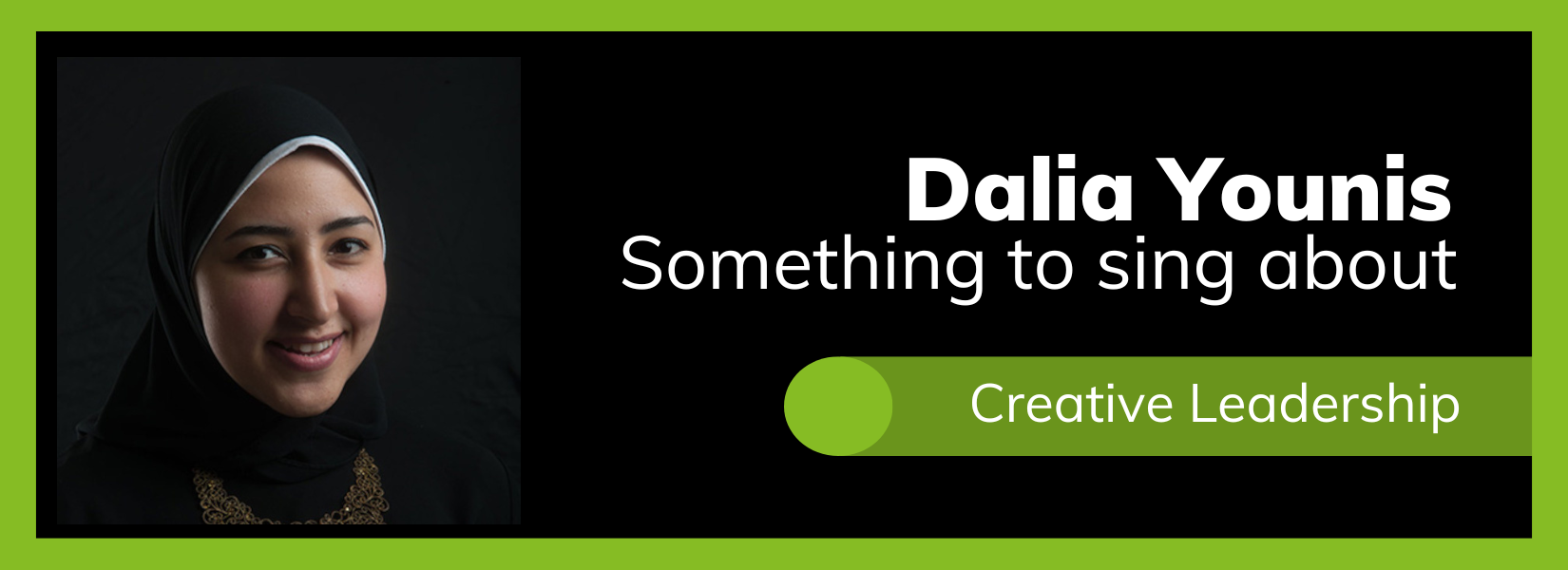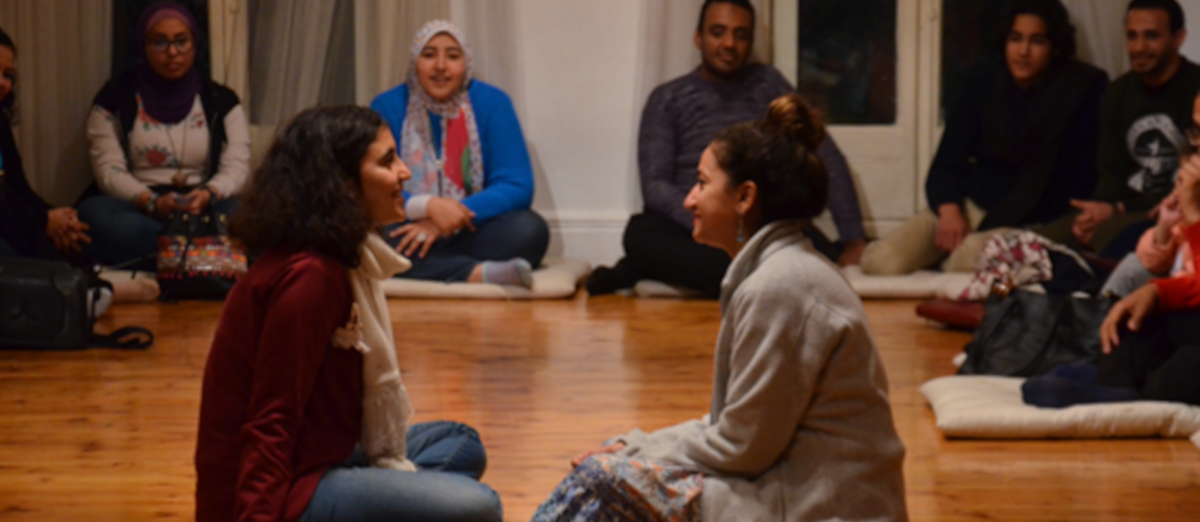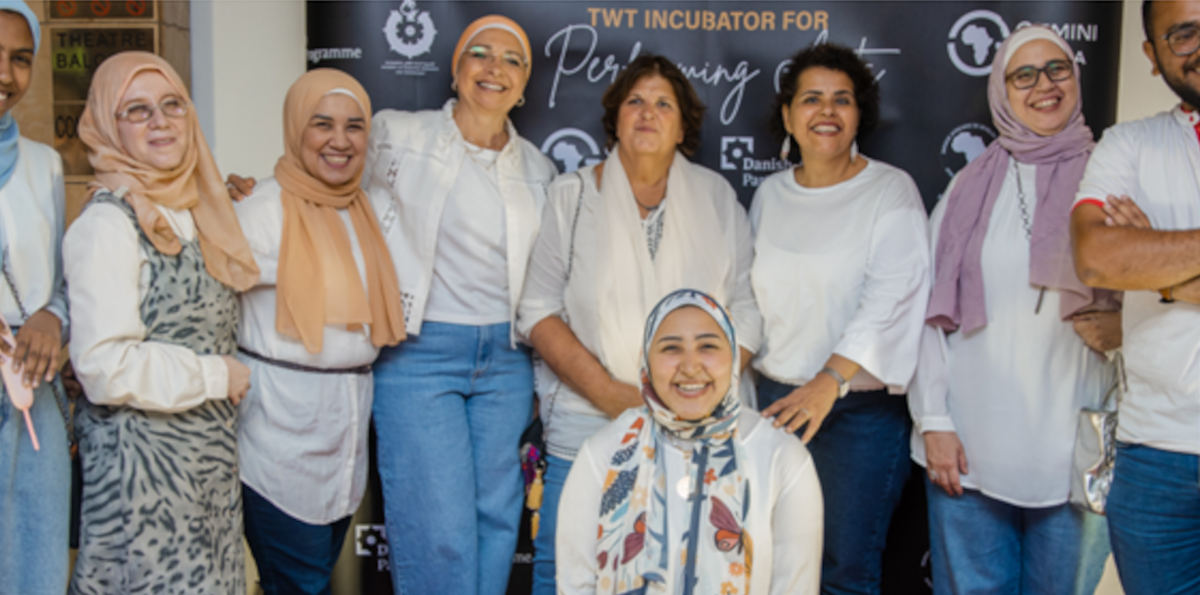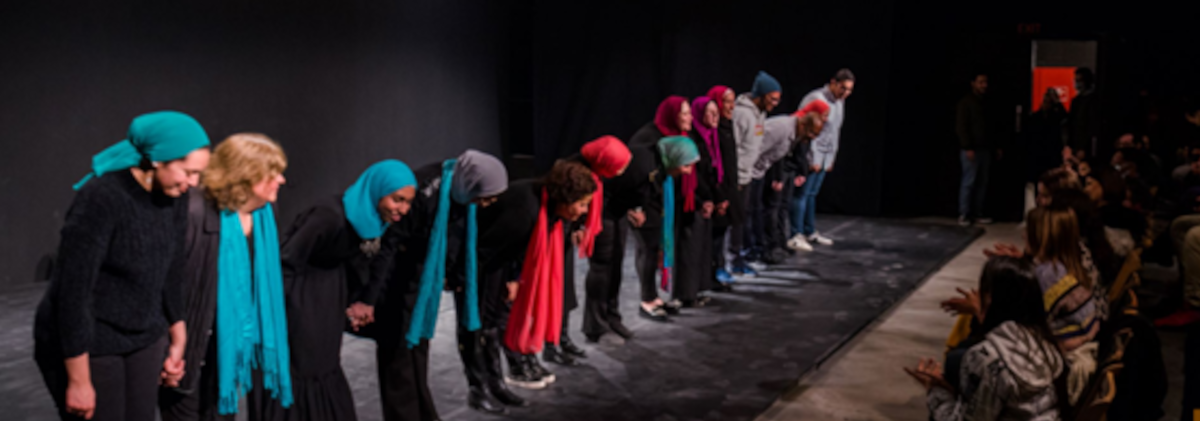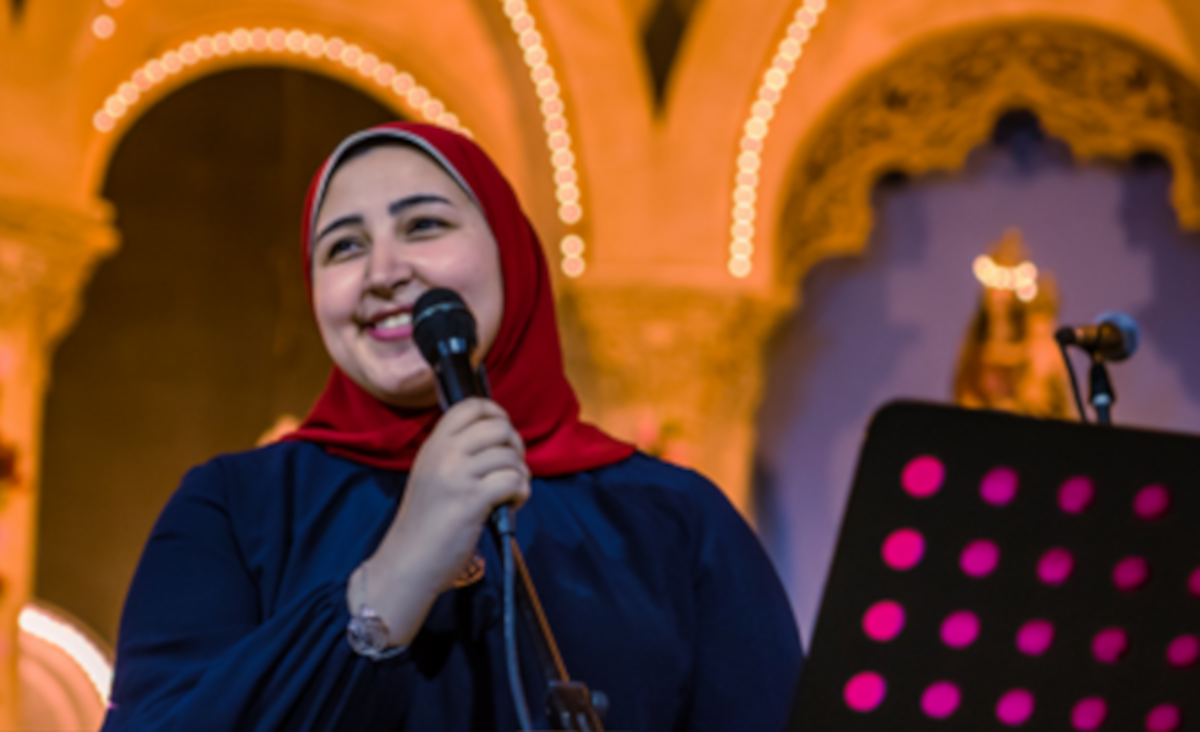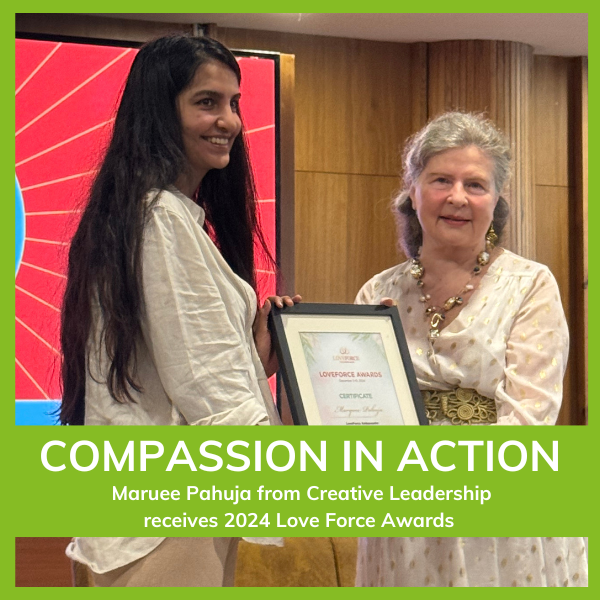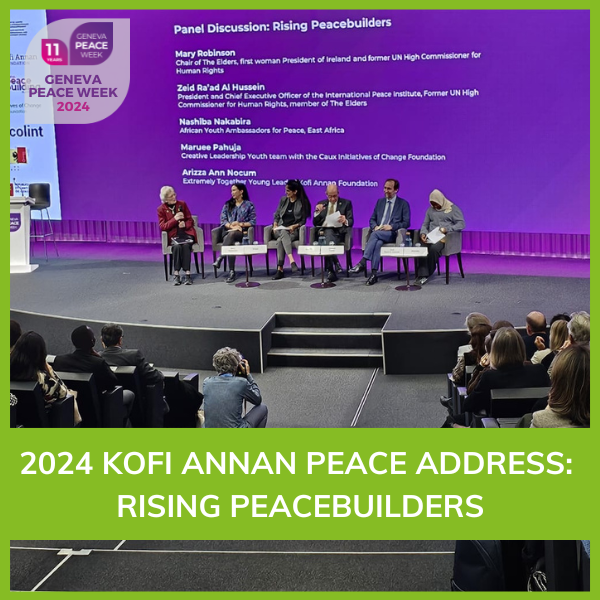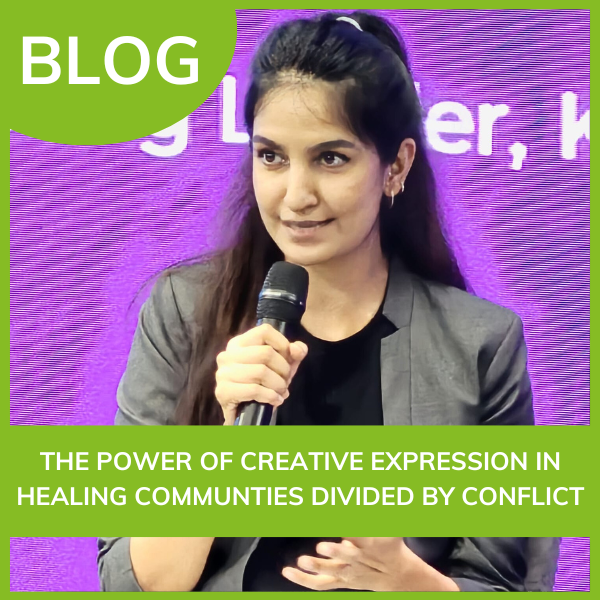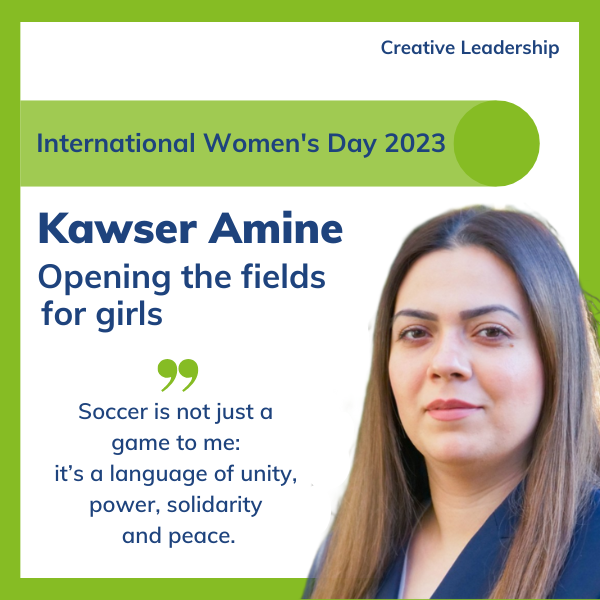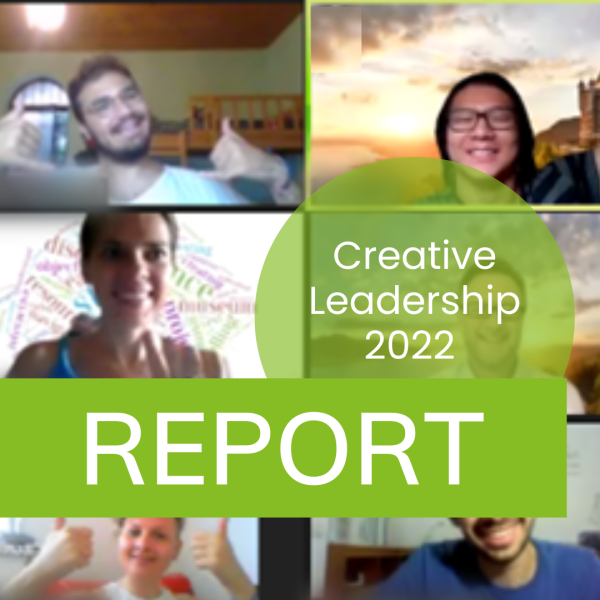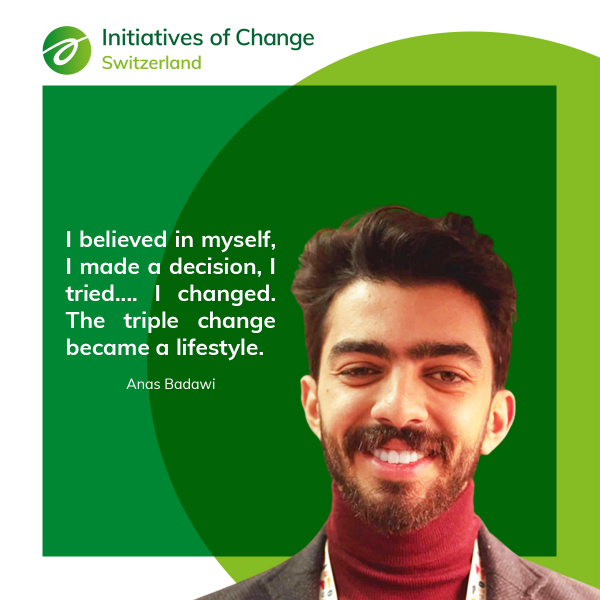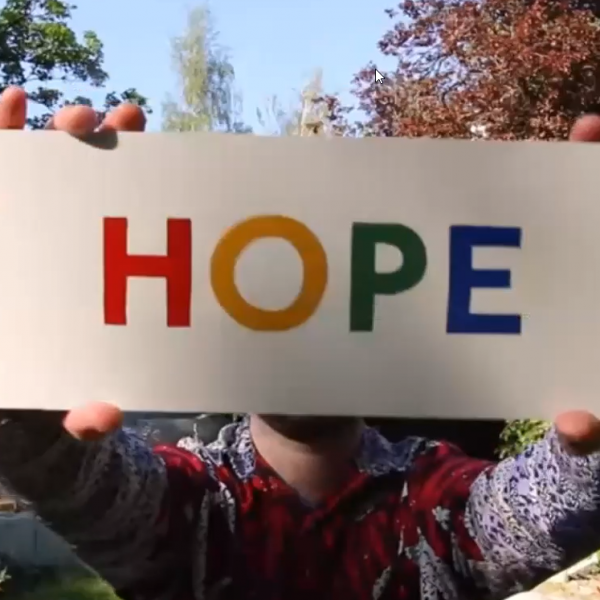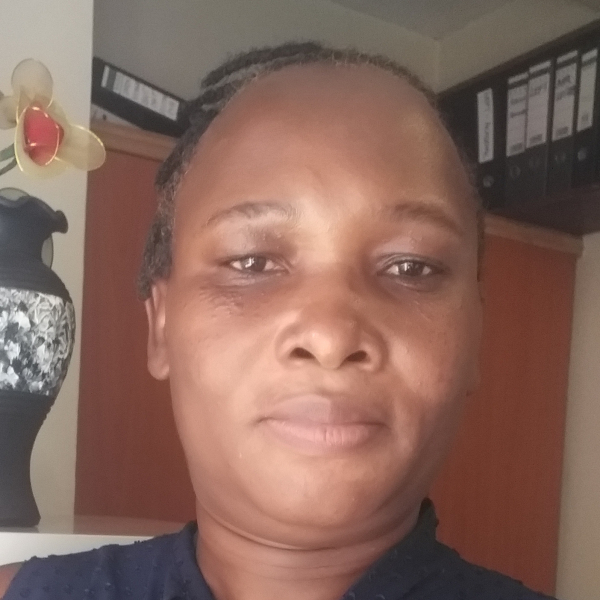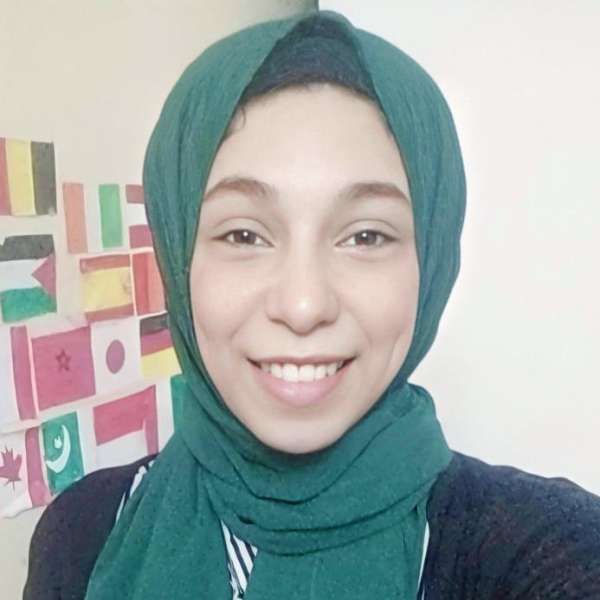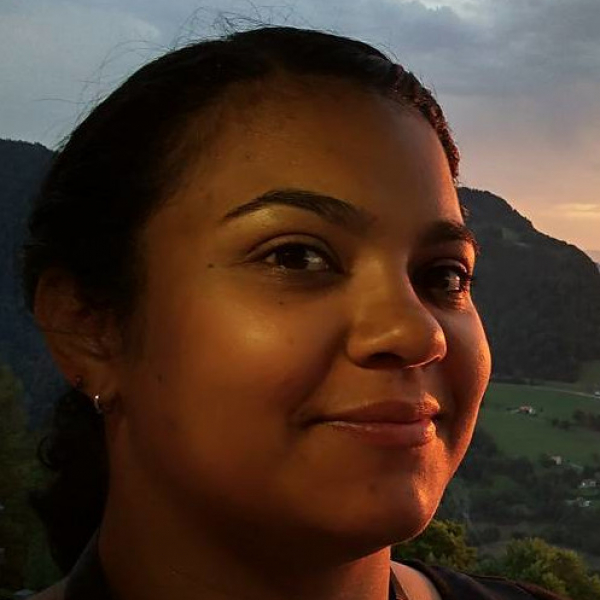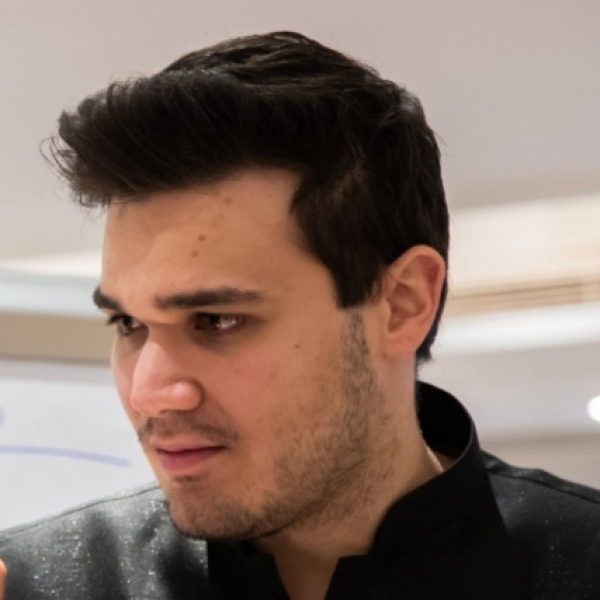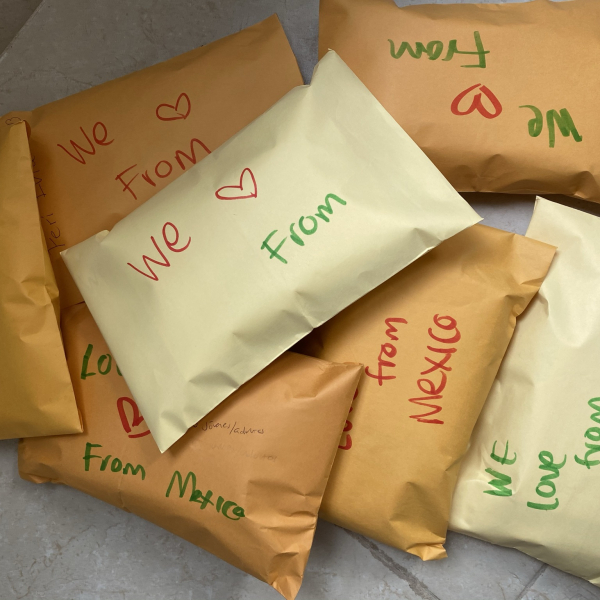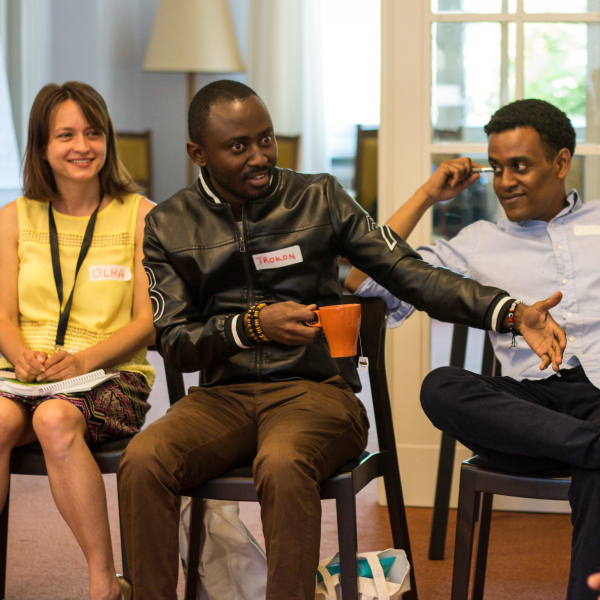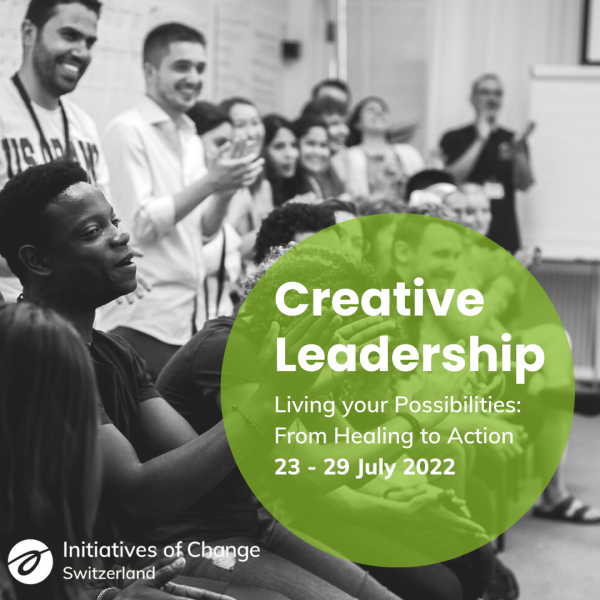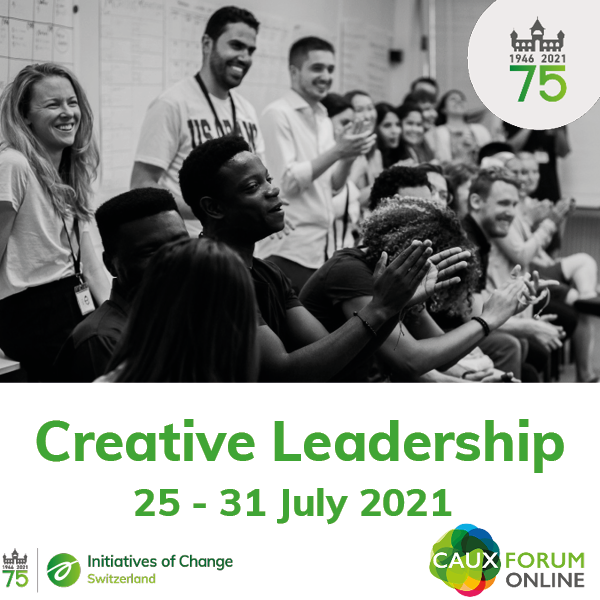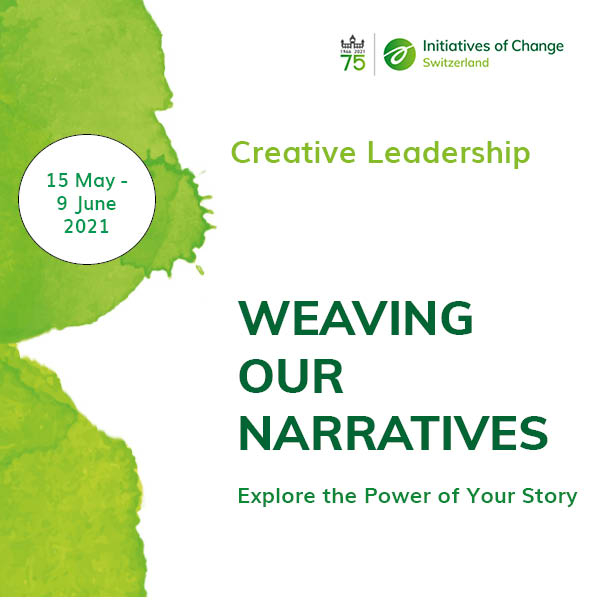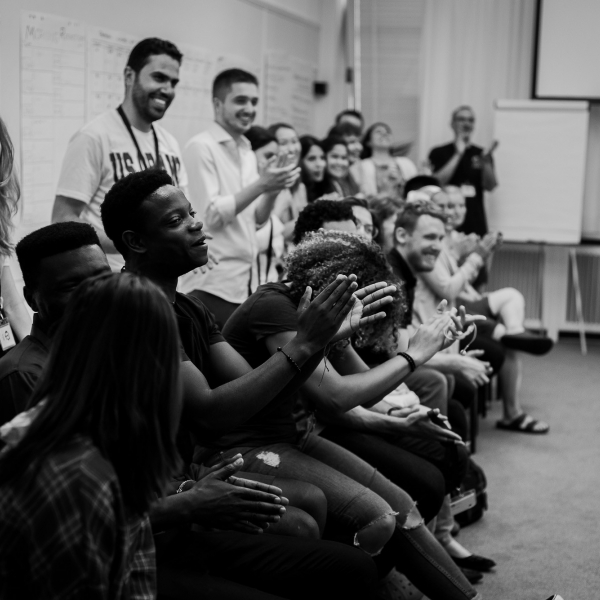Something to sing about
A Creative Leadership story
07/04/2023
How can singing make a difference in people's lives? Pioneering Egyptian musician Dalia Younis was a guest speaker at the Creative Leadership conference in 2022 where she talked about how she uses singing to promote trust.
Dalia Younis trained as a doctor, works for an international development organization, cares for her autistic son – and somehow finds time for her great passion: using singing to build community. Her tools are singing circles, A Cappella (unaccompanied) singing and – controversially, as a hijab-wearing Muslim – singing Christian hymns in churches.
It all began in 2017, when she turned 30, got divorced and her son was diagnosed with autism. ‘I also had a long break from work. I found myself with a broken family, no steady income and new responsibilities as the mother of a differently-abled child. I needed something to resort to.’
As a teenager, Dalia had loved to sing: but she didn’t know how to start again. A friend suggested she give a performance for a few friends in downtown Cairo. Newly single, she chose Valentine’s Day and made it a singles’ night, with single-life-appropriate Arabic songs. Ninety people came.
This led to Dalia’s first singing circle, a concept she introduced to Egypt. Up to 60 participants sit in a large circle and Dalia facilitates singing games, drawing on principles of music therapy and psychodrama. ‘Sometimes I invent a game on the spot,’ she says. ‘Although in my work life I’m a planning freak, in a singing circle I find myself liberated to follow my heart.’
The programme has spread beyond Cairo and celebrated its fifth birthday last year: 65 singing circles in total. Some people come once; others repeatedly. ‘In Egypt we have a lack of safe spaces where people can be themselves without judgment or pressure,’ she explains. ‘You can use group singing to create a community which has the values that you want to introduce to society. People say it has changed them.’
You can use group singing to create a community which has the values that you want to introduce to society.
Through the circles, Dalia met kindred spirits who loved singing but whose jobs meant they could not commit to more demanding choirs. Together, they founded Klaxics, Egypt’s first A Cappella choir singing in Arabic. Their first video – featuring Dalia’s classical arrangement of a pop song – got four million views.
Klaxics has 10 to 14 members, ranging from teenagers to seniors. ‘We welcome everyone. You just have to pass an audition to make sure that you can follow a simple melody.’ She met her second husband through the ensemble.
To enable herself to compose the arrangements, Dalia has studied musical theory, online with the University of Edinburgh and in person in Lebanon. Last Christmas, the choir released an Arabic rendition of Once upon a December, a song from the animated film Anastasia. ‘We didn’t have any funding. But the choir said, “Let’s share the cost”. For the first time I felt it’s not my project, it’s our project.’
Dalia’s most controversial venture is her sacred music project. As a teenager, she loved the music of the Lebanese diva Fairouz, who is a Christian. She found in her sacred songs a quality which transcended religion: ‘a special way of putting your soul in the singing’.
In the summer of 2018, she approached a Catholic priest to ask if she could record herself singing a hymn to the Virgin Mary in his church in downtown Cairo. ‘He asked why. I said, because I love the hymn and I love the Virgin Mary, who is revered in both Islam and Christianity.’
Following a BBC report which suggested, wrongly, that she wanted to join the church choir, there was a backlash from conservative Egyptians. ‘But I also heard from people who said I was brave to do this. I’m not doing this as a religious act. I’m doing it as a way of building bridges.’
I’m not doing this as a religious act. I’m doing it as a way of building bridges.
Since then, she has performed in Arabic in many churches, including All Saints Cathedral in Cairo in 2019 and, in 2021, in St Patrick’s Cathedral in New York. ‘In St Patrick’s, tourists from all over the world were dazzled to see a woman in a hijab singing these well-known Christmas melodies in Arabic, a language which is stigmatized with terrorism.’
Her son, now aged eight, is largely non-verbal, and has ADHD as well as autism. Here, too, Dalia has ‘unorthodox’ views. ‘Some people say it’s such a blessing to have a child like this. But I feel that part of getting over the pain is to acknowledge it rather than try to manipulate it into something it’s not.’
She feels that the emphasis on high functioning, gifted autism can be unhelpful for mothers of children with special needs. ‘I see some mothers pushing their children in an attempt to find something at which they excel. If I can’t find a special talent in my child, would I stop loving him?’
She realizes that her education and her work have given her access to services and support that most Egyptian mothers don’t have. ‘I want to use my voice to speak out on issues regarding people with different abilities in Egypt.’
It was one of the fans of her Facebook page who told Dalia about Creative Leadership 2022. She was inspired and ‘amazed’ by what she heard and glad to showcase her work in front of people from all over the world. She hopes to continue her involvement when the conference comes off line.
Interested in Creative Leadership? Discover the full conference report 2022 or read Afghan soccer player Kawser Amine's inspiring story.
__________________________________________________________________________________________________________
Watch Dalia and her choir Klaxics at their participation at the World Choral Day 2022
- By Mary Lean
- Photos: with kind permission of Dalia Younis
- Video: World Choral Day/YouTube
